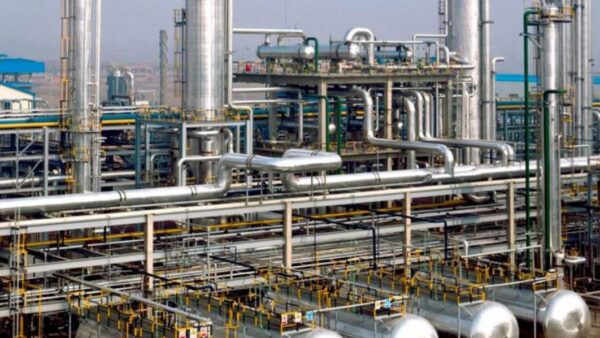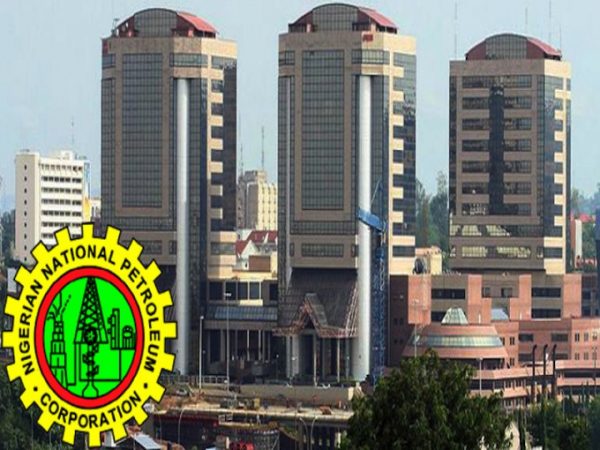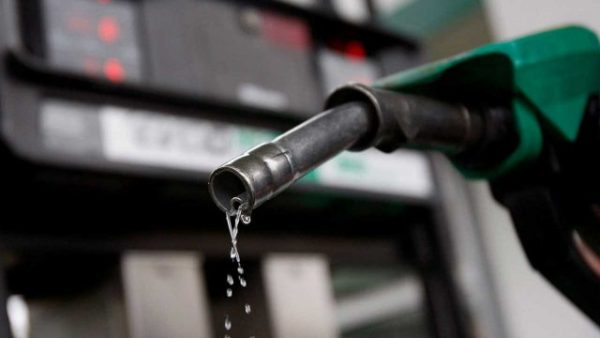NNPC GMD Justifies Amendment Of Deep Offshore Act

Malam Mele Kyari, Group Managing Director, Nigerian National Petroleum Corporation (NNPC) says amendment of the Deep Offshore (and Inland Basin Production Sharing Contract) Act is long overdue.
Kyari also allayed the fears of International Oil Companies (IOCs) operating in Nigeria that the NNPC was committed to pushing legislations that would protect their investments in the country.
He spoke at the opening of the 37th Annual International Conference and Exhibition of the Nigerian Association of Petroleum Explorationists (NAPE) in Lagos, last week.
It was reported that President Muhammadu Buhari had on Nov. 4, signed the Production Sharing Contract (PSC) Act which is a contractual arrangement for exploration and production of petroleum resources
Under the Act, a contractor undertakes all the financial, technical and operational risks associated with petroleum operation in return for a share of profit in oil after payment of royalty, cost and tax oil.
The new amendment introduced key changes including introduction of incremental royalty rate based on the price of oil.
It also mandated a periodic review of the PSC arrangement every eight years with the government estimating that the move would help Nigeria generate additional 500 million dollars revenue in 2020.
“The amendment to the Deep Offshore Act was not unexpected because it was long overdue.
“The conditions to make changes to the act were met as far back as 2003 and so the industry expected this to happen.
“We have noticed the level of anxiety caused by the amendment but we believe that there is room for commercial conversation.
“As an industry, we must rally round the government to ensure the passage of legislatures that will put the industry forward.’’
Kyari maintained that investing in Nigeria remains a viable option for oil majors as the chances of finding oil was very high, especially in the Niger Delta region.
He said the theme of the conference: “Expanding Nigeria’s Petroleum Landscape: Digitization, Innovation and Emerging New Technologies’’, was very apt and in line with current realities.
The GMD urged NAPE and other business leaders to help the country in going back to exploration using emerging technologies in order for the country to meet its target of 40 billion barrels of oil reserves by 2023
Earlier, the President of NAPE, Mr Ajibola Oyebamiji decried the delay in the passage of the Petroleum Industry Bill which according to him was creating uncertainty and scaring investors from the sector.
We hope for a speedy assent to this bill so as to create efficient government institutions with clear and separate roles and establish a structure for the creation of profit-oriented petroleum entities.
“The implementation of favourable policies will attract investors and make businesses to thrive. This will be beneficial to both local and foreign investors.
“With the recovering oil prices and clamour for efficient energy sources globally, it is important now more than ever to reposition our petroleum industry to remain relevant and competitive globally.
“Our reserves and production targets will be difficult to realize without such enabling policies,’’ Oyebaniji said.







